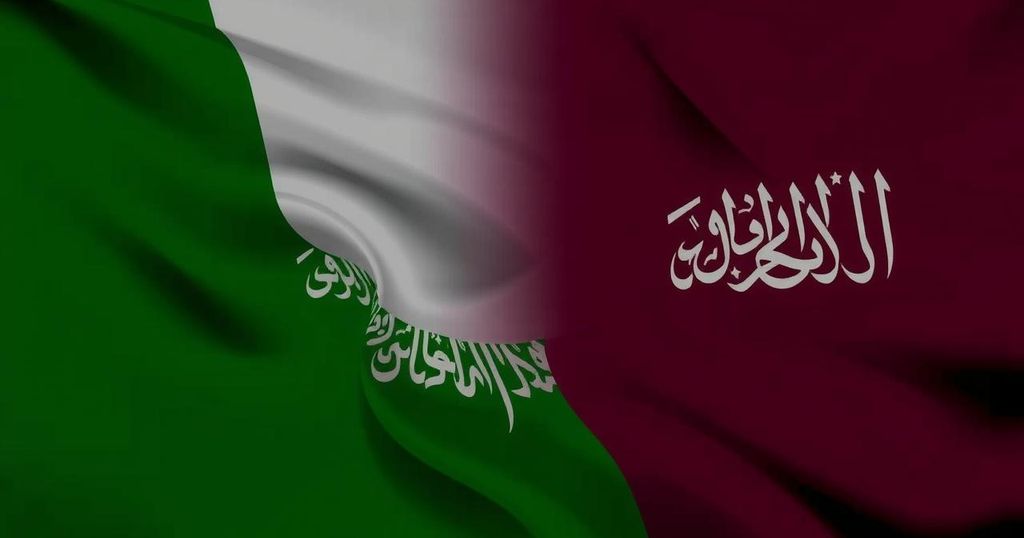Qatar has suspended its mediation role between Israel and Hamas due to a lack of good faith by both sides. This decision follows significant hostilities, including the execution of Israeli hostages by Hamas and minimal progress in negotiations. Qatar’s Prime Minister expressed concerns over political exploitation of mediation efforts, while American officials noted the impracticality of Qatar’s continued involvement under current conditions.
Qatar has decided to suspend its role as a mediator in negotiations between Israel and Hamas after determining that both parties are no longer engaging in good faith, according to sources familiar with the situation. The Qatari government, which has historically hosted Hamas’ political office in Doha, has been acting alongside Egypt to facilitate dialogue due to the lack of direct communication between the two sides. Recent developments, including the execution of six Israeli hostages by Hamas and the failure of negotiations since then, have prompted Qatar to end its mediation efforts. A diplomatic source informed CNN that Qatar’s assessment of the current dynamics revealed insufficient willingness from either side to engage constructively in peace talks. Previously, during a brief ceasefire mediated by Qatar and Egypt in November, substantial exchanges occurred, with Hamas releasing 105 hostages and Israel freeing 240 Palestinian detainees. However, ongoing hostilities have rendered these efforts increasingly characterized by political maneuvering rather than genuine attempts at peace. The Hamas leadership insists that any agreement must ensure a permanent cessation of hostilities in Gaza, a condition that Israeli Prime Minister Benjamin Netanyahu has rejected. Further complicating matters, Israel’s military operations since the initial attack by Hamas on October 7 have resulted in significant Palestinian casualties, with estimates stating that more than 43,000 individuals have died, predominantly women and children. Israeli officials, including Economy Minister Nir Barkat, have voiced skepticism about Qatar’s role, describing it as primarily supportive of Hamas rather than impartial mediation. Qatar’s Prime Minister and Minister of Foreign Affairs, Sheikh Mohammed bin Abdulrahman Al Thani, had previously expressed concerns that the nation’s mediation efforts were being exploited for narrow political objectives. The Qatari government has communicated to the Biden administration its readiness to recommence mediation efforts once both Israel and Hamas demonstrate a genuine willingness to negotiate towards a resolution of the conflict. A senior American official remarked on Qatar’s invaluable role in the past but noted that the effectiveness of its mediation currently seems untenable given the recent refusal of Hamas to free hostages during discussions held in Cairo. Lastly, the implications of the suspension of Qatari mediation signify a potential escalation in hostilities as both parties remain entrenched in their positions, complicating prospects for a peaceful resolution as civilian suffering continues to mount in Gaza.
The ongoing conflict between Israel and Hamas has resulted in severe humanitarian impacts, particularly in Gaza, where civilian casualties continue to rise. Over the years, Qatar has sought to position itself as a mediator due to its close ties with Hamas and financial support to the Palestinian territories. In light of recent escalations and failed negotiations, Qatar’s role as a mediator has been reevaluated, leading to its suspension of mediation efforts. The complex dynamics between Israel’s military strategies and Hamas’s political demands contribute to an intricate landscape that complicates peace negotiations.
In summary, Qatar’s decision to halt its mediation role between Israel and Hamas highlights the deteriorating negotiation environment characterized by a lack of good faith from both parties. The ongoing humanitarian crisis in Gaza exacerbated by militant actions and military responses underscores the urgent need for constructive dialogue. Without a significant shift in approach and willingness from both sides, the prospects for a peaceful resolution remain bleak as casualties mount and diplomatic efforts falter.
Original Source: www.cnn.com






